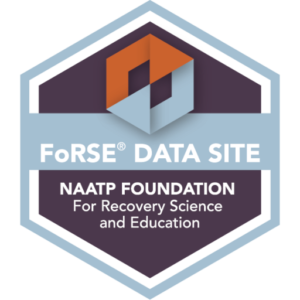What Happens During An Intensive Outpatient Program (IOP)?
Intensive outpatient programs (IOPs) are a relatively new way to provide mental health treatment. They offer an alternative to inpatient care for people who need more support than what can be provided in an outpatient setting but don’t require the intensity of 24-hour care that is found in a hospital. IOPs vary in their structure […]
What Happens During An Intensive Outpatient Program (IOP)? Read More »






